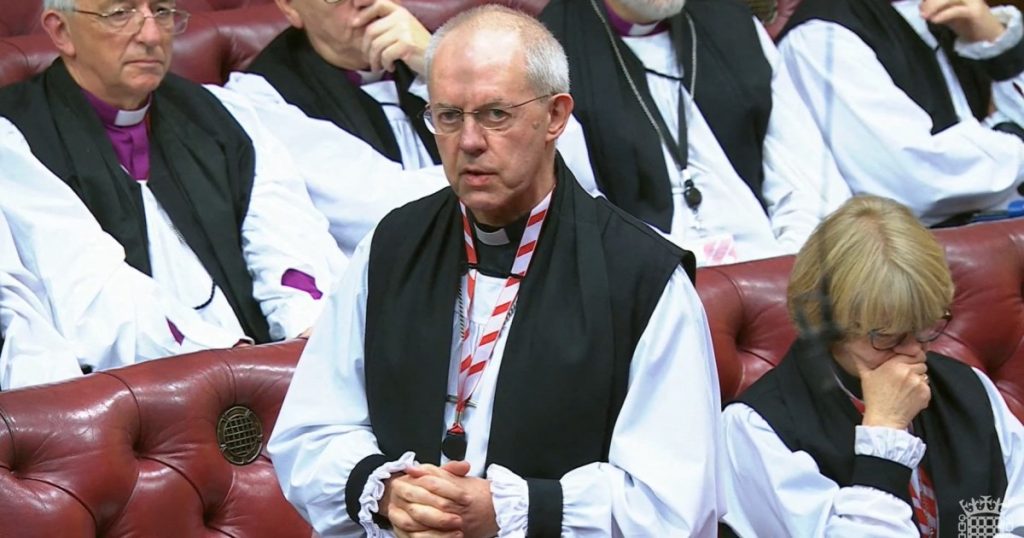The Church of England is facing a reckoning in Africa after Archbishop Justin Welby announced his resignation due to his failure to report the prolific abuser of children, John Smyth. Smyth physically, sexually, and psychologically abused over 100 boys at Church-affiliated summer camps in England, South Africa, and Zimbabwe, and died in 2018 without facing accountability. The independent review into Smyth’s crimes reveals a harrowing pattern of abuse and cover-ups within the Church.
Smyth’s crimes were known to the Church as early as 1982, but he was not exposed to the public or held accountable by authorities. He was allowed to relocate to Zimbabwe, where he continued his abuse at camps he ran in the 1990s. One of the most horrific incidents occurred in 1992 when a 16-year-old boy drowned under suspicious circumstances at a camp presided over by Smyth in Marondera, Zimbabwe. Smyth was charged, but the case was mysteriously dropped, and he went on to evade accountability in South Africa.
Abuse of children by clergy was not limited to Smyth but appeared to be endemic within the Catholic Church in Zimbabwe as well. Reports of abuse within Catholic boarding schools first surfaced in the late 1980s, with survivors revealing horrific accounts of abuse inflicted on vulnerable boys with impunity. The Catholic Church, similar to the Anglican Church with Smyth, moved known abusers to different settings to shield them from accountability.
One of the known abusers, James Chaning-Pearce, was convicted in 1997 for indecent assault against boys in England but faced no accountability in Zimbabwe. Another former pupil at a Zimbabwean school where he worked identified him in Australia, leading to his extradition and conviction in England. Despite this, Chaning-Pearce has never faced accountability for his alleged abuse in Zimbabwe. The Catholic Church in Africa must launch full inquiries into historical abuse at its schools to ensure accountability for survivors.
Both the Catholic and Anglican churches in Africa must reckon with their past failings in responding to clergy abuse and ensure a safer environment for children going forward. Pope Francis and Archbishop Welby have acknowledged their churches’ failures in responding to abuse and have committed to prevent future instances. However, the churches must extend their repentance and actions to address the pain and seek justice for Black African victims of clergy abuse, who have suffered as much as victims in other parts of the world.
The author emphasizes the need for the Catholic and Anglican churches to take meaningful action to acknowledge the pain of African victims and offer them a chance at justice. Failure to do so would perpetuate the notion that victims of clergy abuse do not matter if they are Black Africans. The churches’ acknowledgment of past mistakes and commitment to safeguarding children is a step in the right direction, but further action is needed to address the widespread abuse and cover-ups that have plagued African communities.













